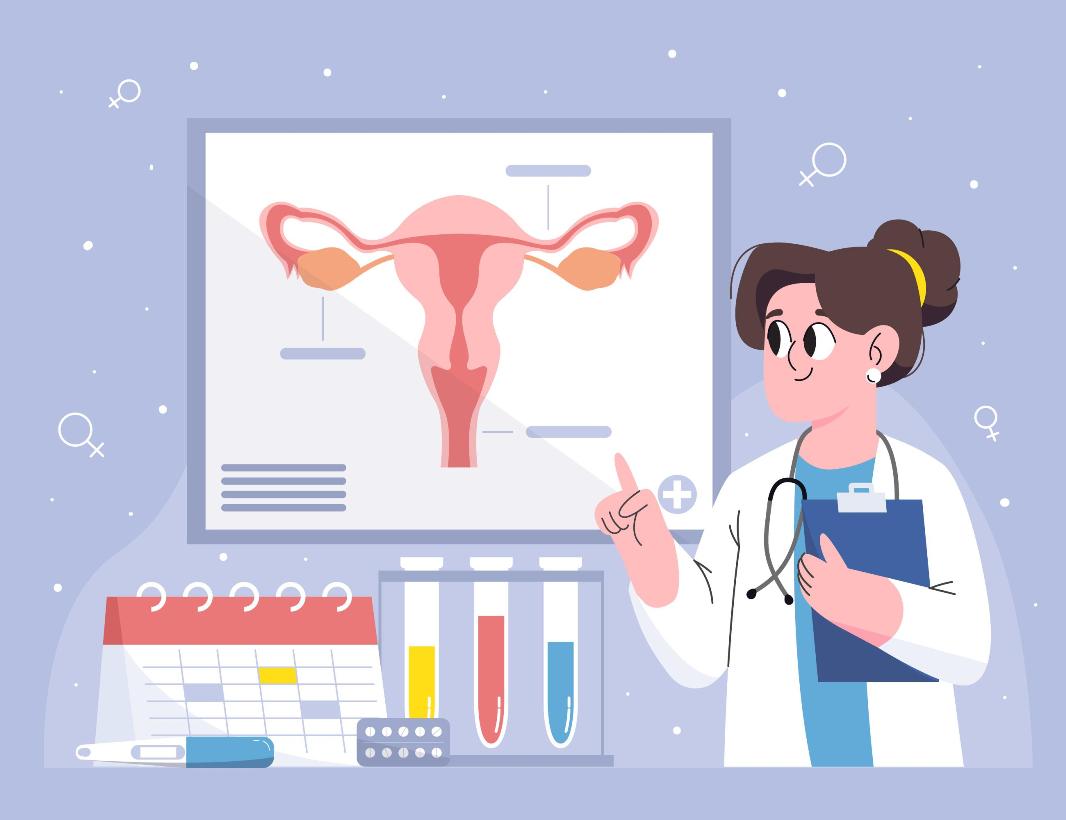Introduction:
In the realm of reproductive health, the term “poor ovarian responders” or POR refers to women who experience difficulties in conceiving due to decreased ovarian response which can either be due to reduced ovarian reserve and/or inability of a normal reserve ovary to exhibit expected response.
1. What are Poor Ovarian Responders?
Poor ovarian responders are women who exhibit a diminished response to ovarian stimulation during assisted reproductive technologies (ART) like in vitro fertilization (IVF). These women have lower than “expected” numbers of follicles and retrieved eggs, which may impact their chances of conceiving. The first category is people who are expected poor responders with reduced ovarian reserve parameters, and second category includes women having a poor response despite of adequate ovarian reserve.
2. Causes of Poor Ovarian Response:
Several factors can contribute to poor ovarian response. Age is a significant factor, as a woman’s fertility declines as she gets older. Other potential causes include genetic predisposition, certain medical conditions (e.g., endometriosis), previous surgeries, and exposure to certain toxins or environmental factors.
3. Challenges Faced:
Conceiving for women with poor ovarian response can be quite challenging and emotionally taxing. The reduced number of eggs retrieved during IVF cycles may limit the chances of obtaining viable embryos. Additionally, the cost of multiple IVF attempts and the emotional toll of repeated failures can be overwhelming.
4. Diagnosis of Poor Ovarian Response:
A diagnosis of POR is typically made based on a woman’s response to ovarian stimulation during an IVF cycle. In many cases it can be predicted before IVF by checking ovarian reserve parameters eg. AFC/AMH, but this may not be the case for all. Generally, a lower number of retrieved eggs and follicles, as well as suboptimal hormone levels at the end of stimulation/IVF are indicators of poor ovarian response.
5. Available Treatments and Options:
While poor ovarian response presents unique challenges often difficult to combat, there are treatment options available to improve the chances of conception. One such approach is using personalized ovarian stimulation protocols, tailoring medication dosages to an individual’s specific needs. Additionally, the use of certain adjuvant therapies and supplements like stem cell therapy and PRP(Platelet Rich Plasma) may be recommended to enhance ovarian response.
6. Emotional Support and Coping Strategies:
Dealing with fertility challenges can be emotionally draining, and it’s crucial for women facing poor/low ovarian response to seek emotional support. Joining support groups or talking to a counselor can help cope with the stress and anxiety associated with the fertility journey.
To conclude, poor ovarian responders face unique hurdles in their pursuit of parenthood, but it’s essential to remember that they are not alone. With advancements in reproductive medicine and the availability of support systems, there are various paths to explore. Seeking guidance from fertility specialists and finding emotional support can make a significant difference. Remember, the journey to parenthood may be challenging, but it is worth it in the end, regardless of the path taken.
By
Dr Sunidhi Minhas
MBBS, MD (obstetrics & gynaecology), DNB, 2nd year FNB (reproductive medicine) fellow.


